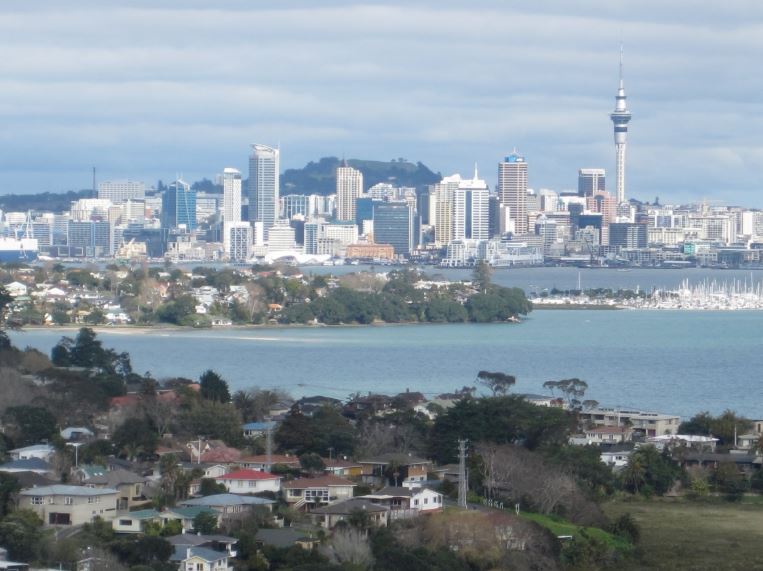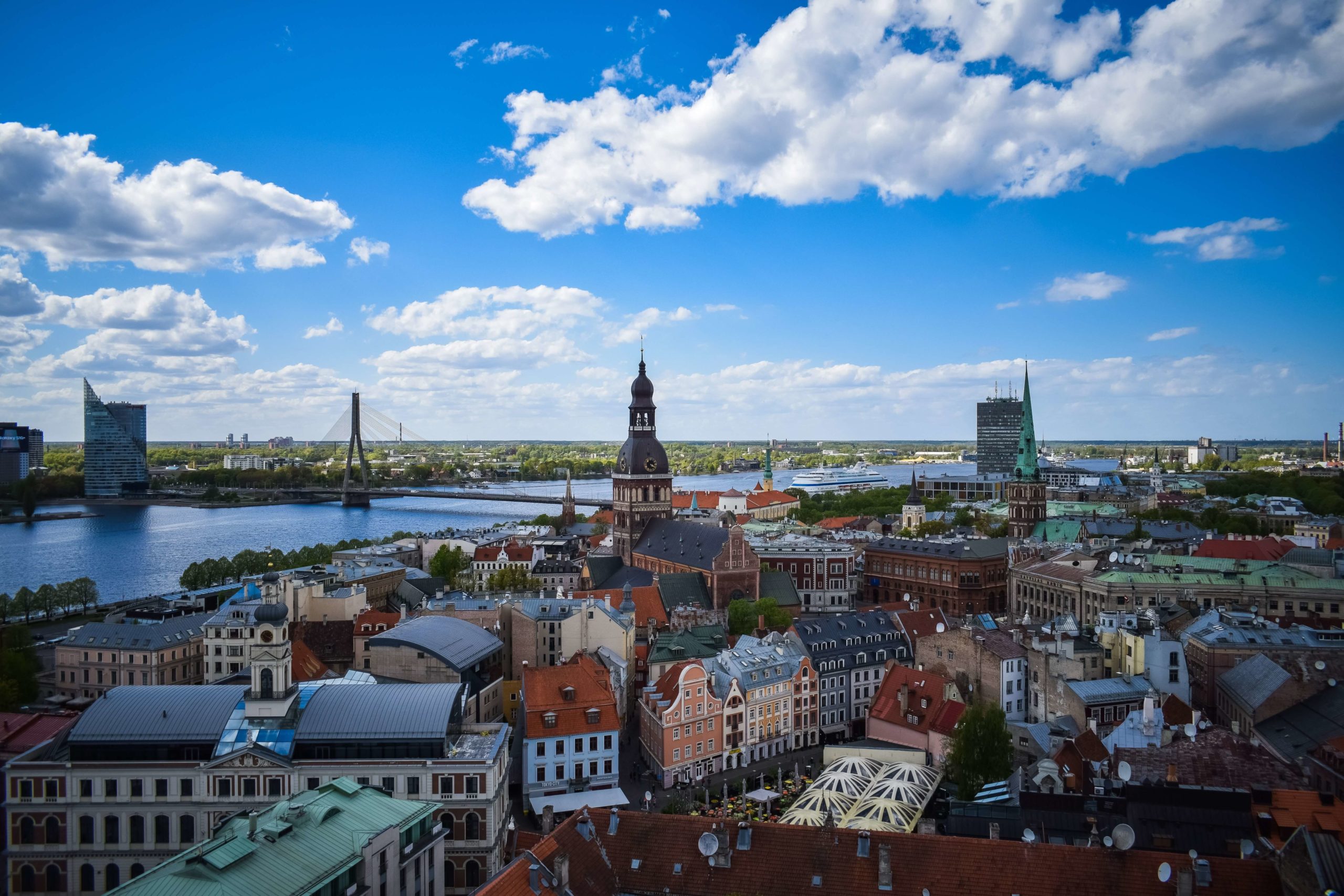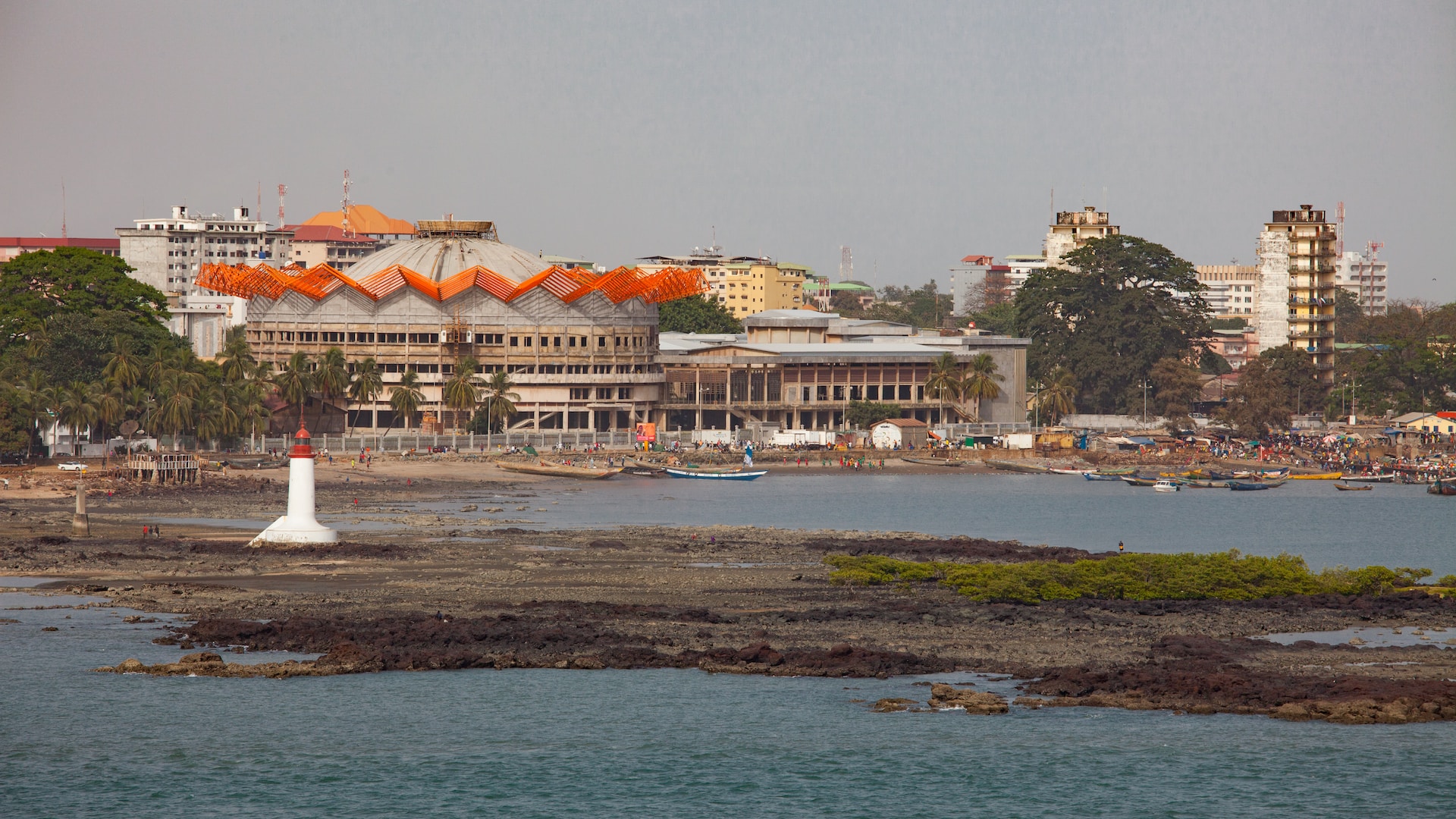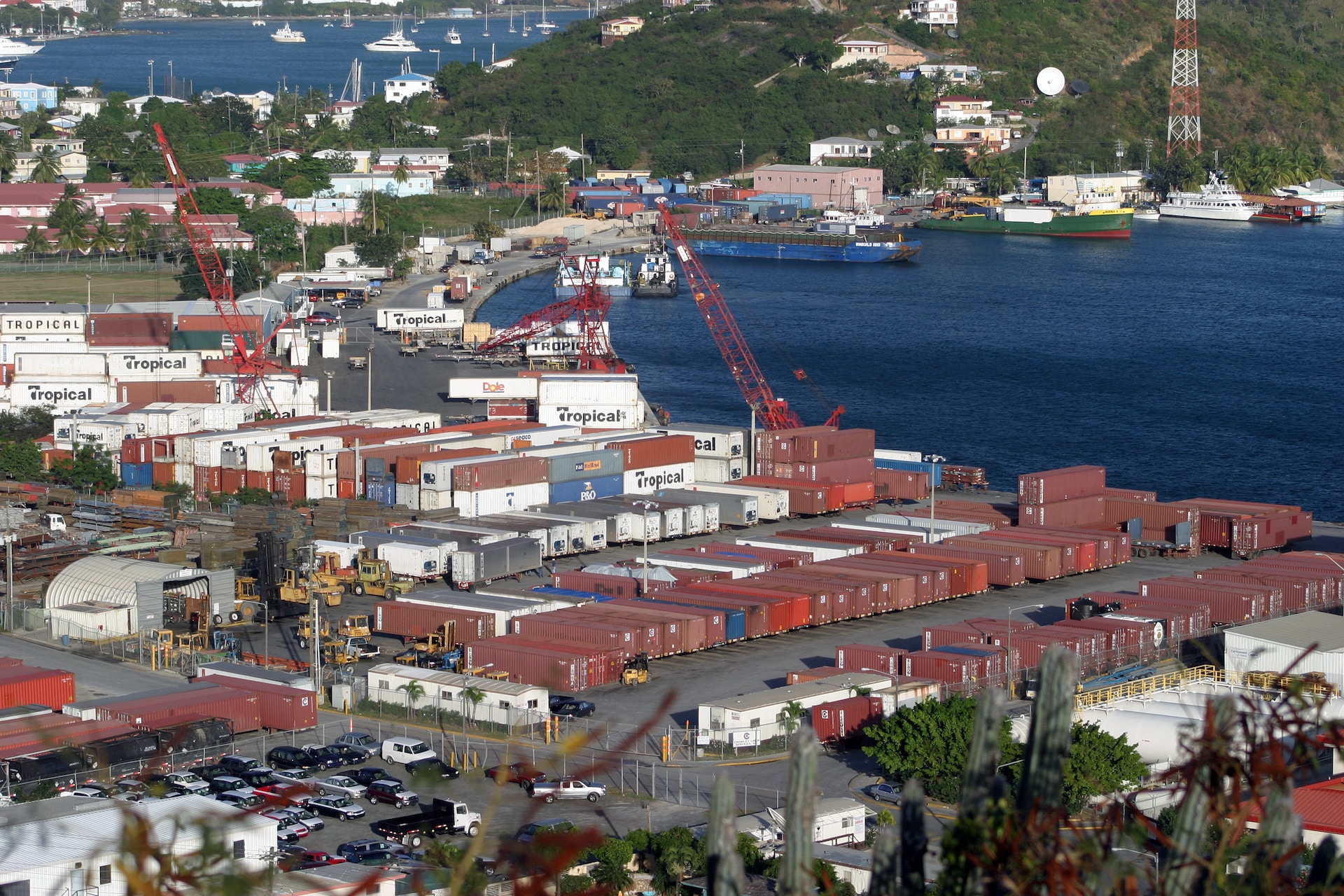The Republic of Kiribati is a Pacific state located in Micronesia and Polynesia. Kiribati includes the Gilbert Islands (16 islands and atolls), the Line Islands or the Central Polynesian Sporades, the Phoenix Islands, and Banaba Island (formerly Ocean). Kiribati is the Micronesian pronunciation of the English name Gilbert. The total area of the country is 812 km², and the population is 115,300 (2016), mainly Micronesian Kiribati. The official language of the country is English, but the entire population also speaks Tungaruan (Kiribati). Two-thirds of the population is Protestant Congregationalists, the rest are Catholics. The capital of the state is the city of Bairiki, located on the Tarawa Atoll. The capital is home to 29 thousand people. The republic works closely with the European Union, which allows it to receive funding for the development of solar energy and agriculture in some of the remote islands.

Economy
Except for the period from 1994 to 1998, which saw significant economic growth, driven primarily by government stimulus measures, Kiribati’s economy developed at a relatively slow pace. In 1999, the GNP grew by only 1.7%. The economy of this agrarian country continues to be dominated by the public sector. A combination of slow economic growth and poor services resulted in Kiribati ranking eighth in 1999, out of 12 Pacific member states of the Asian Development Bank, in the Human Development Index.
Significant obstacles to the development of this micro country are not only a small land area but also environmental and geographic factors, including remoteness from global markets for products, geographical dispersion, vulnerability to natural disasters, and a very limited domestic market.
Due to the limited opportunities for economic growth in terms of the area of the country, the availability of natural resources, small labor resources, and low GNP, and therefore a narrow domestic market, the only way of economic development for this island state is to attract migrants (as one of the factors of production), remittances and monetary assistance from other states (financial transfers) and reliance on the state (state financing of the economy). This development model attaches importance to maintaining a high level of consumption within the country.
The Republic of Kiribati became independent in 1979, shortly after the development of a phosphate deposit on Banaba Island, and these minerals accounted for 85% of the country’s total exports, 45% of GNP, and 50% of the state budget. Since then, copra and fish products have become the main sources of income for Kiribati. The main employer in the country is the state, which, despite its capabilities, cannot solve the problems of employment of young citizens of the country, many of whom do not have an adequate level of education. Another source of income for Kiribati in recent years has been the issuance of fishing licenses in its special economic zone.
Choosing the type of company
It should be noted that mainly firms of the following types are opened in Kiribati:
1. Open joint-stock company – a type of company in which it is possible to transfer its shares to third parties;
2. A private company is an organization created as private property by an individual or legal entity.
For more details about what type of company you should choose and about the subsequent registration of a company in Kiribati, you can ask our specialists.
Choosing a company name
To register a company name in Kiribati, you need to choose a unique name. It is also worth paying attention to the fact that the name of the company should accurately convey the essence of the company’s activities, to avoid misunderstandings with potential customers.
Documentation
Foreign investors wishing to start a business in Kiribati will need to collect a complete package of documents. The packages of documents may differ from each other, depending on the type of activity of the enterprise. But at the same time, in any case, you will need to provide:
• a copy of the beneficiary’s passport;
• a copy of the company’s charter;
• a license to operate.
License
To start a business in Kiribati legally, you need to obtain a license to do business in Kiribati. Our employees provide highly qualified support in this process.
Taxation in Kiribati
An entrepreneur wishing to register an enterprise in Kiribati should pay attention to the fact that the government of the country encourages new foreign companies by assigning a special status – “pioneer status”.
This means that any investor who plans to start a business in Kiribati can apply to the tax office for “pioneer status” This status allows a reduction of the corporate tax by 10% for 5 years, except for business operations in the South Tarawa Islands and Christmas.
There is also an individual income tax, which is set at 25% of gross income for the first $ 36,000 and 35% for amounts over this amount. Regular corporate tax is based on a flat rate of 25% of net income on the first $ 36,000 and 35% above that. The tax on dividends paid to foreign investors is 30%.







